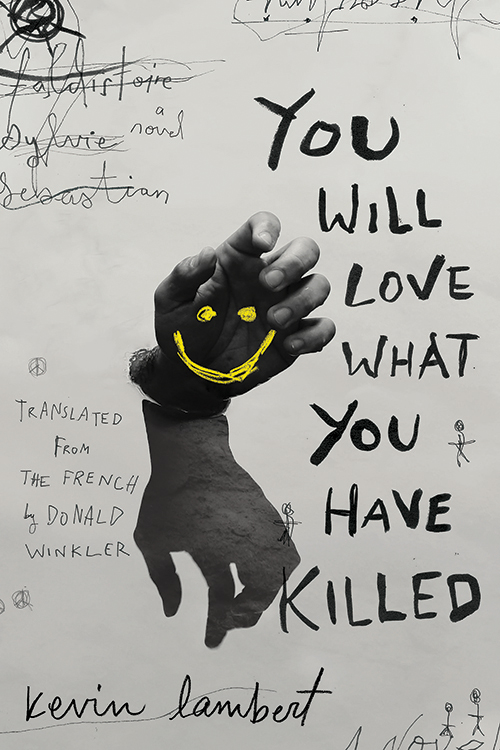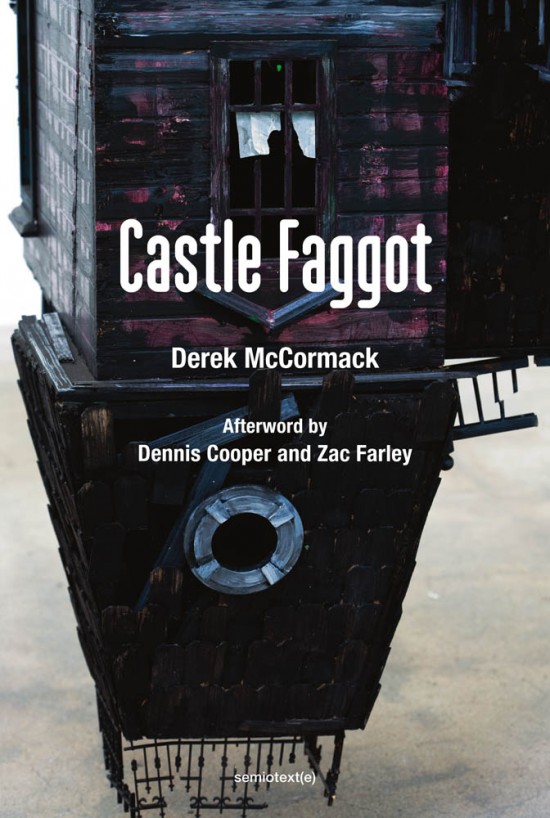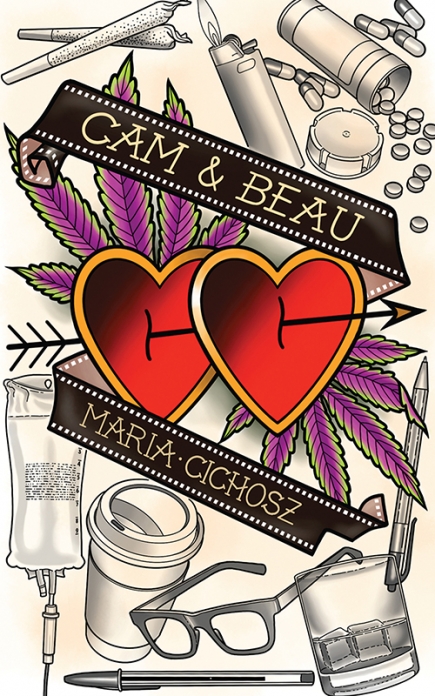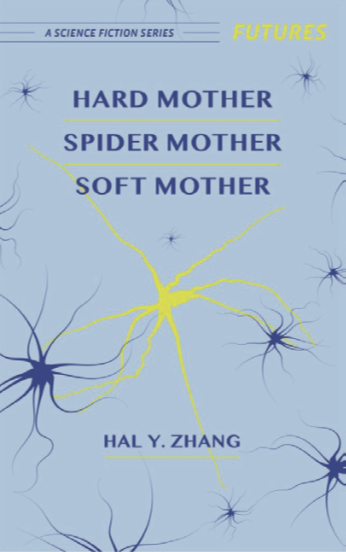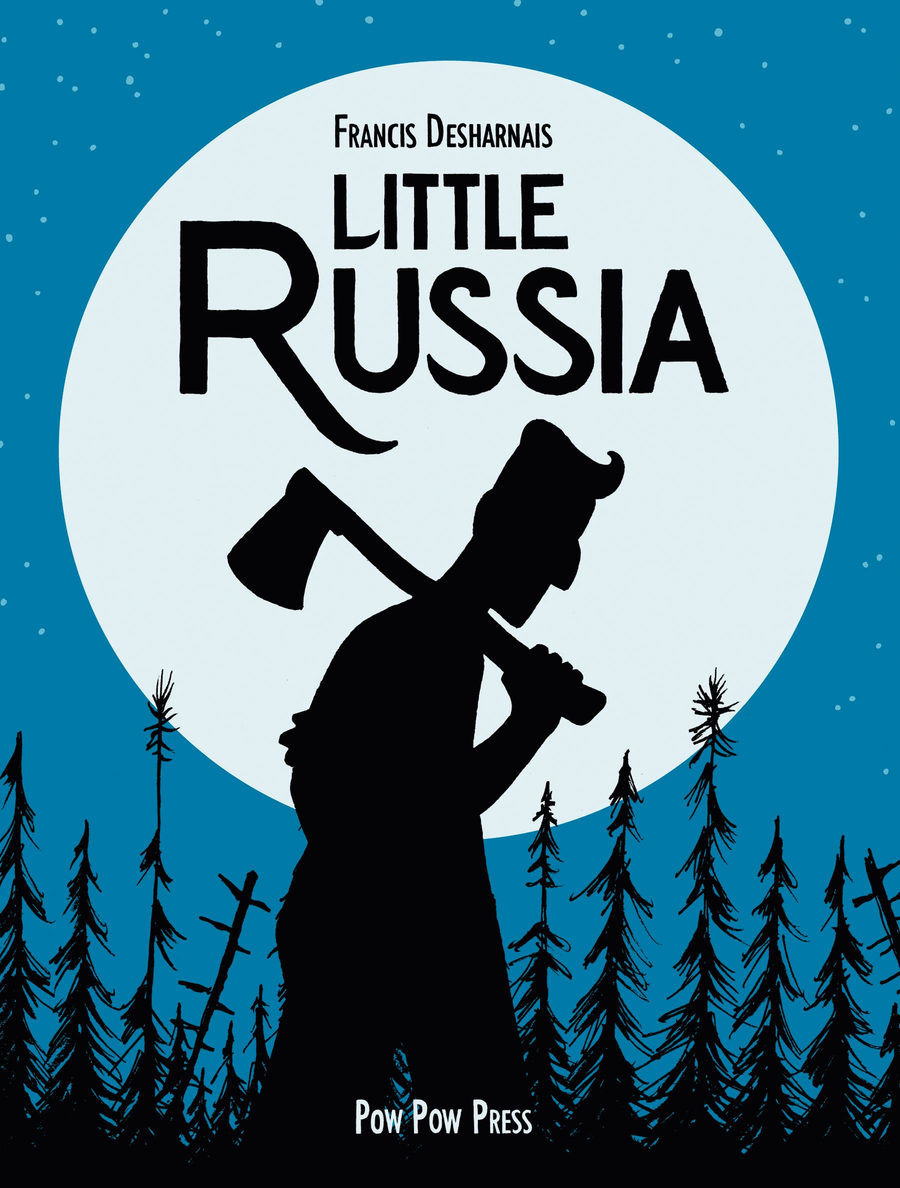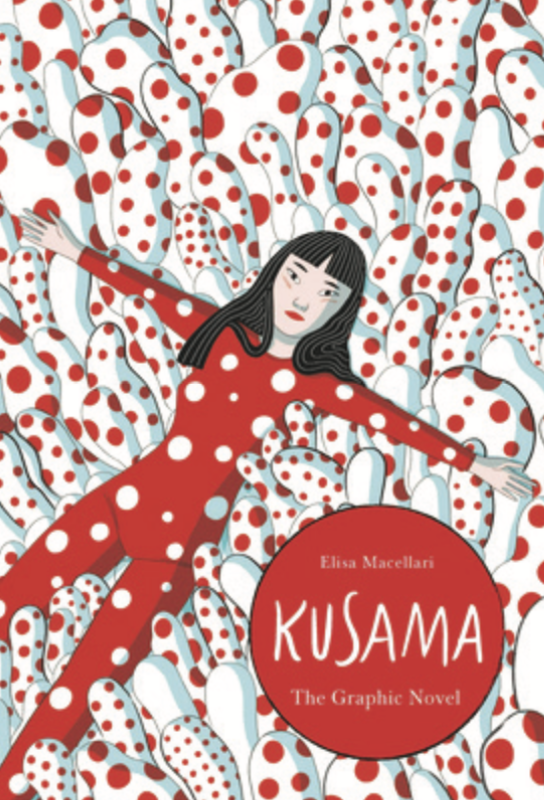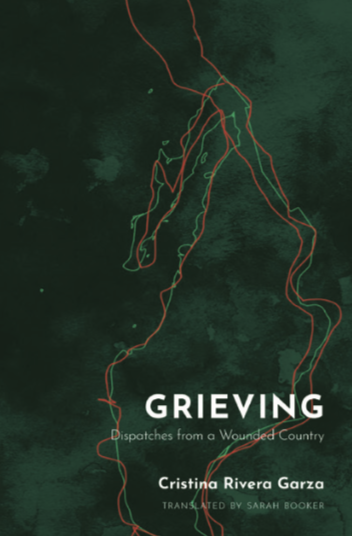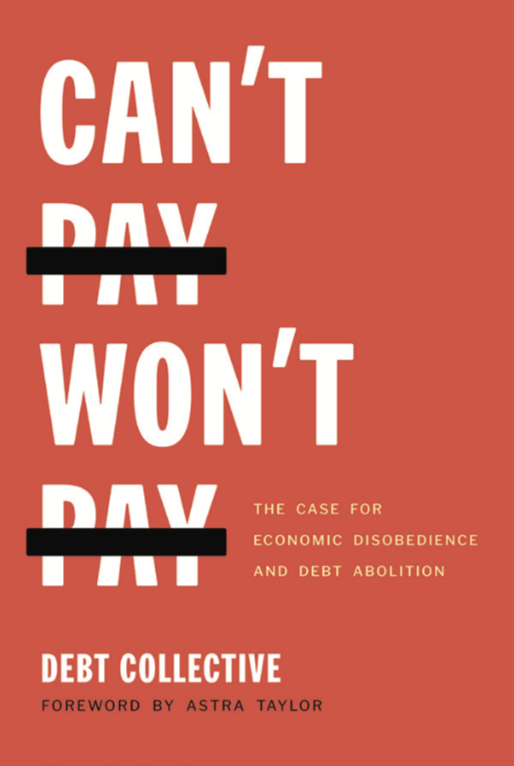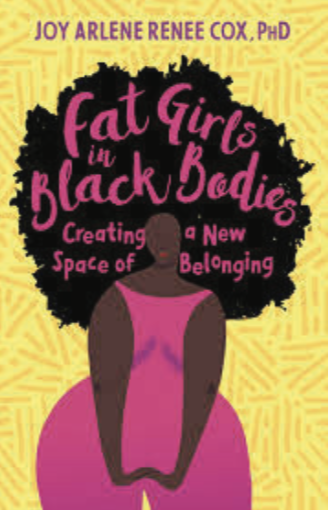Here are our picks of the top 11 indie books for Fall 2020!
NOVELS
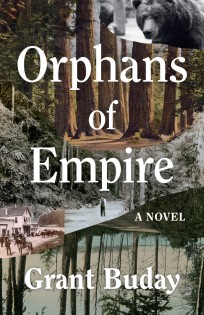
Orphans of Empire
Grant Buday, Brindle & Glass: Touchwood Editions
West coast scribe Grant Buday brings us a shimmering, urgent vision of the early days of post-contact British Columbia. The novel uses a triad of protagonists to do so, each of whom will somehow impact the fate of the fledgling colony. There’s a native Hawaiian whose parents died on the boat ride over — a literal orphan with everything against her, but who dreams of independence at any cost. There’s moody Mr. Moody, a British empire regular taking over the region’s troubled security at a time when the area is fairly isolated, and thus vulnerable to the secessionist incursions of the nearby Americans. And there’s enigmatic Henry, a hunchbacked taxidermist with an enthusiasm for mesmerism and magnetism. Deftly written and filled with subtle, carefully researched detail, these perspectives together offer rich layers of history and ethical quandaries that readers will chew on after the final page. Read if you’re a Hilary Mantel fan, a History Channel enthusiast or like the words of Guy Vanderhaeghe.
You Will Love What You Have Killed
Kevin Lambert, Biblioasis
Quebec writer Kevin Lambert’s first novel is gruesome, arresting, disgusting, and hilarious. Chicoutimi, Quebec is the main character in this novel, despite being narrated by a high school-aged captive of the boring, bucolic small town. Faldistoire, as he is called, is busy honouring the suburban coming-of-age tradition of having a nonchalant affair with an older man: the blonde, broad-shouldered Kevin Lambert. Lambert, however, needs a little more drama, and thus is “Accidentally” causes the grisly snow plow death of beloved little Sophie — ah, another little grave to be dug in the toad infested cemetery just outside of town. Life in deathly little Chicoutimi just goes on, with all its hypocrisies, deflections, and cover-ups… Until an army of child victims, anguished, horny, and disgusted on the cusp of their premature adulthood, return to settle their scores. For fans of transgressive literature, Children of the Corn and Netflix’s Cuties.
Castle Faggot
Derek McCormack, mit/semiotexte
Derek McCormack takes his trademarks of reductionist prose and self-hating gay alter egos to new levels of intensity in this text. McCormack once again shows he is a master of blending camp, pop culture genre (horror and country-western) and seemingly innocent consumerist impulses. In the process, he intimates and incriminates, asking: is the sexual impulse just a predatory power trip? What if “faggotery” is all about putting on a show, hiding your true nature as an aberrant sex fiend behind the alluring attractions of the theme park? Enter: Faggotland. Come on in, McCormack says. Take the tour. Central among the attractions is Walt Doody’s Castle Faggot, packed with fun-loving characters like Franken-Fudge, Boo-Brownie, and of course The old Count himself. Reading this novel is akin to being locked up in a creepy, boarded-up fun house redecorated by Liberace’s corpse and haunted by Geoffrey Dahmer. Bonus! Mccormack is triumphantly provocative as usual, unafraid to bask and bounce in language others would either deplore or dismiss as deeply problematic. For people who feel guilty about their addiction to true crime; also Kathy Acker and Dennis Cooper acolytes and the intertextuality set.
Cam & Beau
Maria Cichosz, Now Or Never Publishing
Cam is a repressed rising star in academia. Beau is an orphaned veteran of group homes, now half grown-up and a pothead barista. They are best friends and live together. There’s only one problem. Well two, actually. Make that three? Beau has life-threatening cancer, and Cam is in love with his roommate and best friend. Add in Cam’s colleague, the odd-mannered, but alluring Stacey, and things get dicey. At times, this novel threatens to become melodrama — of the best kind. The writing is so powerful and the setup is so entertaining that the propulsive needs of these characters become addictive. You’ll go wherever Cam, Beau, and this exciting first novelist take you. A first novel that’s utterly assured — Cichosz is the kind of writer who you believe in immediately. For fans of Roland Barthes, Young and the Restless and A Little Life By Hanya Yanagihara.
Notice
Dustin Cole, Nightwood Editions
Dishwasher Derek is getting renovicted from his crummy apartment. In pointillistic prose that leaves no scab unpicked, Dustin Cole follows Derek’s wanders and insights into the considerable underside of Vancouver’s Eastside. Derek’s a bit of an enigma, an observer, a reader, a why-not sort of dabbler in booze and drugs. It’s not clear what he wants or why. Maybe to be left alone? He’s a documentarian without a camera, chronicling the far more vibrant characters in his life — hard luck addicts, bin divers, sex workers, shoplifters, itinerant workers just passing through. They’re the true heroes of this book. Derek’s just getting by, getting wasted, doing stuff, forgetting stuff. For fans of Bukowski, Kafka, and warm beer in the can.
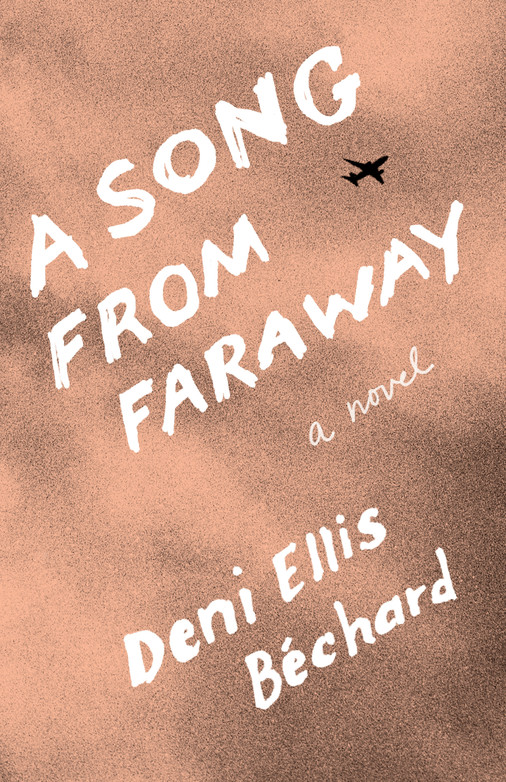
A Song from Faraway
Deni Ellis Béchard, Goose Lane Editions
Fathers haunt this patchy tapestry of intergenerational fables. British Columbia-born journalist, memoirist and novelist Béchard bears witness to the way generations render stories into abstractions, tellings, repercussions and loss. In one story, a pair of half-brothers, raised apart in different social strata, now struggle to understand their only true intersection, a distant, dissolute father. In another slice, an art historian uses an unexpected opportunity to conduct an ultimately ill-advised search for his own father. Béchard’s investigative skills power these stories. Together, they grapple with the fraught mythologies of colonialism storytelling and the dark matter of the unknown hardening into unexpected truth in this accomplished, provocative book.
Hard Mother, Spider Mother, Soft Mother
Hal F. Zhang, Radix Media
Zhang conjures a frighteningly plausible near future, in which the government keeps a panoptical eye on all of its citizens. When Valerie Lang disappears, her daughter Ellery must find her, a quest that proves difficult as Valerie has managed to live a mysterious, private life. This book is a hair-raising tale with elements of body horror, but Zhang gently explores weighty themes such as the fallibility of memory, mental illness, and the complexity of mother-daughter relationships — though this particular relationship is fraught and tragic, stuck under the frightening lights of a future totalitarian China, Zhang’s assured voice renders it universal. Carving a remarkable niche within a towering genre — call it poetic speculative sci-fi at its finest — we look forward to more from Zhang. Fans of this book may enjoy Story of Your Life by Ted Chiang, Oryx and Crake by Margaret Atwood, and The Left Hand of Darkness by Ursula K. Le Guin.
GRAPHICA
Little Russia
Francis Desharnais, Pow Pow Press
After World War II, the Quebec government encourages the urban poor to move out to the countryside and take advantage of the region’s prodigious natural resources, foremost among them timber. Amongst these settlers are Francis Desharnais’ grandparents, who moved to one of the few truly cooperative enterprises set up in this politically turbulent time. The small cooperatively-run village of Guyenne is a true experiment, a second phase rehashing of colonialism on what was once Algonquin land. Profits are pooled, and 50% of the total goes to developing the cooperative. The community works together to clear land and build homesteads for each other. But as longtime graphic novelist Desharnais subtly portrays, unresolved faultlines open early on and deepen over time. The women of the cooperative, caught between rural Quebec’s staunch Catholicism and the growing awareness of a nascent feminist movement, wonder when they will be given a real voice. The men struggle with the bitterly hard work of felling trees and clearing land for settlements. Some want the steady, proven money of forestry. Others see agriculture as the only true long-term solution to controlling their own fortunes. Outsiders are suspicious, wary of the cooperative, dubbing it Little Russia. The fault lines widen and the predations of capitalism intensify. Desharnais’ relatives have to make a decision: admit their twenty years at Guyenne were a failure, or fight for what they have built. For fans of Joe Sacco, Seth, Studs Terkel and the history of utopian collectives, communes and cults.
Kusama
Elisa Macellari & translated by Edward Fortes, Laurence King Publishing
Vibrant illustrations by Thai-Italian artist Elisa Macellari drive this historical snap-shot of now legendary installation artist Yayaoi Kusama. We meet a young Kusama during her childhood in Japan during World War II. But Kusama’s battles are in the home, where she is trapped with a deeply abusive mother and a womanizing father, constantly at odds. Art quickly emerges as a life-saving obsession, but her mother won’t have it, tearing up her daughter’s artwork in a rage. But Kusama is relentless. Kusama’s mental health is widely understood to be critical to understanding her work (senior artist continues to live in a group home supporting people with lifelong mental health challenges), so a rare window into its earliest iterations illuminates beyond the books’ pages. Macellari depicts the artistic fever of Kusama’s early experiences with mental illness, hallucinations, and psychosis with pain and grace. Paintings start to pour Kusama’s secret canvases, filling whole walls, whole rooms, whole galleries. Kusama’s inner world is rolling and infinite. And what many of us have come to see as eye candy for Instagram is Kusama’s language, a means to translate a disordered inner reality otherwise unintelligible to the rest of us. The self-medication is not without its side effects. As a young artist, Kusama paints round the clock to the point of collapse.
Macellari curates snapshots from the maverick’s eventful life. In one exhibit in 1965, an infinity mirror room is covered in soft sculptures: stuffed phallus-shaped protrusions. “Sex disgusts me,” Kusama says. “The phallus literally horrifies me. This is how I try to overcome my phobias. It’s a form of self-medication. I’d call it psychosomatic art.” Her contempt for sexuality is likely a result of her adulterous father. Ironically, Kusama, a couple years later, is staging orgies in the streets of New York. These episodes from adulthood and early prominence are extra juicy: Kusama the guerilla artist, the high priestess of free love and pacifism, the underground activist, the innovator whose creations earn her the awe of her contemporaries (including her one-time bestie Salvador Dali).
We’re living now in Kusama’s golden age, when after some years away from the limelight, we’ve remembered an artistic force walks among us. Don’t miss this opportunity to become (re) acquainted with the visionary.
NON-FICTION
Grieving: Dispatches from a Wounded Country
Cristina Rivera Garza, The Feminist Press
In this essay collection, Rivera mourns many losses without ever giving in to or wallowing in despair. In one meditation, she mourns her paternal grandparents — migrant workers who abandoned their dry Southern Mexico homeland to become itinerant workers in the North— and grieves the unknown cultural losses and intergenerational wisdom they took with them: Rivera longs to connect to land, Indigeneity, language — “another tongue, the one they stopped using and that their children did not inherit, the one that will always be a matter of speculation.” Grief’s mysteries frustrate social struggle today, and the losses remain weapons in “an endless war against the permanently dehumanized.” Garza’s voice is at once intensely personal and unshakeably relevant. For fans of Judith Butler, Arundhati Roy and Ginsberg’s Kaddish.
Can’t Pay, Won’t Pay
Debt Collective, Haymarket Books
First of all, congratulations — you have just won a free book! The entirety of this volume is free to download from the publisher’s website as we speak. Second of all, let’s pull the mask off: like almost everything in modern economics — futures, junk bonds, interest rates etc. — debt is purely made up. In other words, as this fascinating book by a group of anti-debt activists argues, it doesn’t have to be this way. Society can, should, and must forgive debt and reform the system that puts people under the weight of crushing, inescapable debt as they go about their lives in pursuit of such luxuries as housing, food, transportation, and education. The authors of this book aren’t just theorists — they are actively out in the world organizing new ways to resist debt. Debt strikes, debt protests, and raising outrage and awareness of just who profits from keeping millions of people in the red. For fans of Trotsky, Howard Zinn and Robin Hood.
Fat Girls in Black Bodies
Joy Arlene Renee Cox, North Atlantic Books
This book is an eloquent, heartbreaking love letter to women living in bodies targeted by intersecting modes of marginality: what is it like to be fat, female, and Black today? As Cox writes, “with each additional marker of difference, the struggle intensifies.” Interrogating belonging and not-belonging in media, fashion, family, and more, Cox explores legacies of pain, familial bonds, trans lives, and modes of survival both within and outside of Black culture. In a lyrical voice that ranges from deeply personal — drawing vibrantly on the author’s past — to rigorously academic, this book carves out a safe space and a unique politics of activism, highlighting and celebrating identities that have long been kept from the mainstream. Suggested for fans of Hunger by Roxane Gay, Shrill by Lindy West, and Nasty Women: Feminism, Resistance, and Revolution in Trump’s America by Kate Harding.


